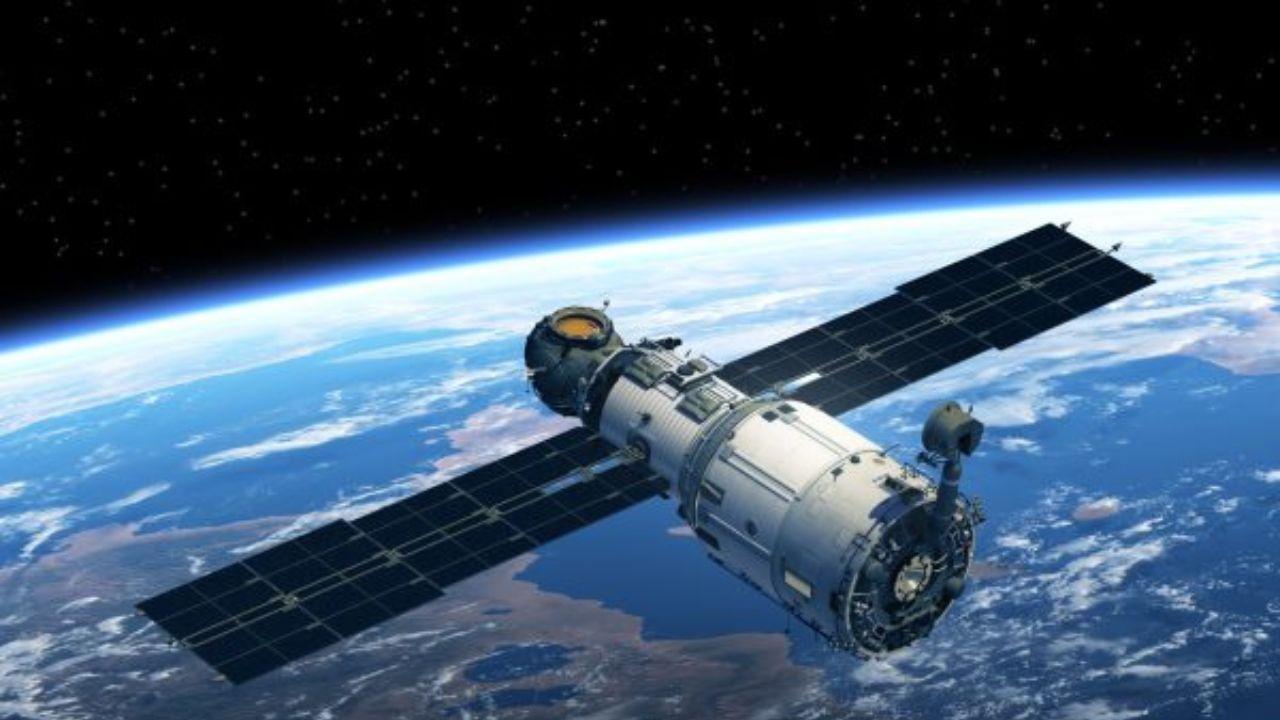You have not yet added any article to your bookmarks!

Join 10k+ people to get notified about new posts, news and tips.
Do not worry we don't spam!

Post by : Saif Rahman
Space has always inspired human imagination. For centuries, people have looked up at the night sky with wonder. Today, Asian countries are not only watching the stars—they are reaching for them. Space technology in Asia is growing faster than ever, and it is changing science, business, and daily life across the region.
Asia’s Growing Role in Space
In the past, space missions were led mainly by the United States and Russia. Now, countries like India, China, Japan, South Korea, and the United Arab Emirates are becoming important players. They are building rockets, launching satellites, and even planning missions to the Moon and Mars.
India’s ISRO (Indian Space Research Organisation): Famous for low-cost missions, ISRO sent a spacecraft called Chandrayaan-3 to the Moon and is planning its first crewed space mission, Gaganyaan.
China’s Space Program: China has built its own space station, Tiangong, and is preparing to send astronauts to the Moon.
Japan’s JAXA: Japan is working on asteroid missions and advanced satellites that monitor Earth’s climate and disasters.
UAE’s Space Efforts: The UAE sent the Hope Probe to Mars, becoming the first Arab country to explore another planet.
South Korea and Others: Countries like South Korea, Singapore, and Vietnam are developing small satellites and partnering with private companies to grow their space industries.
Why Space Technology Matters
Better Communication: Satellites provide internet, TV, and phone connections to even the most remote villages.
Weather Forecasting and Disaster Warning: Space technology helps track storms, floods, and droughts, saving lives and property.
Agriculture and Environment: Satellites monitor crops, forests, and oceans, helping farmers grow food and governments protect natural resources.
Scientific Discovery: Exploring space helps scientists understand how planets, stars, and even life itself began.
Economic Growth: Space programs create jobs, attract investment, and encourage innovation in fields like robotics, materials, and energy.
Private Companies and New Opportunities
Private companies in Asia are also joining the space race. Indian startups are building small rockets and satellite launch services. Japanese companies are testing space tourism and asteroid mining. These efforts are creating new industries and inspiring young people to pursue science and engineering.
Challenges Ahead
Space technology is expensive and risky. Launch failures, space debris, and international competition can slow progress. Some experts worry about the growing number of satellites crowding Earth’s orbit. Asian countries are working together through partnerships and agreements to ensure safe and peaceful use of space.
A Shared Vision for the Future
Asian nations are not just competing—they are also cooperating. For example, India and Japan are planning joint missions, while ASEAN countries are sharing satellite data to fight climate change. These collaborations show that space can bring nations together.
Inspiring the Next Generation
The rise of space technology in Asia inspires millions of students. Schools are adding space science programs, and young innovators are building small satellites or joining robotics competitions. The dream of working in space is no longer limited to a few countries—it is becoming a truly global opportunity.
Space technology in Asia is shaping the future. From improving communication on Earth to exploring distant planets, these advances prove that the region is ready to lead on a global stage. By investing in space science, working together, and inspiring young minds, Asia is not just reaching for the stars—it is becoming a major force among them.










Dalal Street Spotlight: Top 10 Stocks Investors Are Watching as Markets Open on a High
Indian stock markets begin the week with strong momentum, and several blue-chip and mid-cap stocks a

Market Movers Today: Key Stocks Set To Watch In Indian Markets
Indian equity markets are poised for active trading as several major companies, including Bharti Air

Milan Welcomes the World: Inside the Grand Opening Ceremony of the 2026 Winter Olympics
The 2026 Winter Olympics opening ceremony in Milan marked a defining moment for global sport, blendi

Unfolding Market Drama: Sensex & Nifty Trade Volatility Amid Budget Fallout and India-US Trade Breakthrough
Indian equity markets exhibited high volatility this week as the 2026 Union Budget triggered sharp s

Dhurandhar 2 Teaser Countdown Ignites Fan Frenzy: All You Need to Know
The highly anticipated sequel to the blockbuster Dhurandhar is building intense excitement as the Dh

Vietnam Overtakes Thailand as Top Choice for Chinese Tourists
Vietnam has quietly surpassed Thailand as the favorite destination for Chinese tourists in 2025.